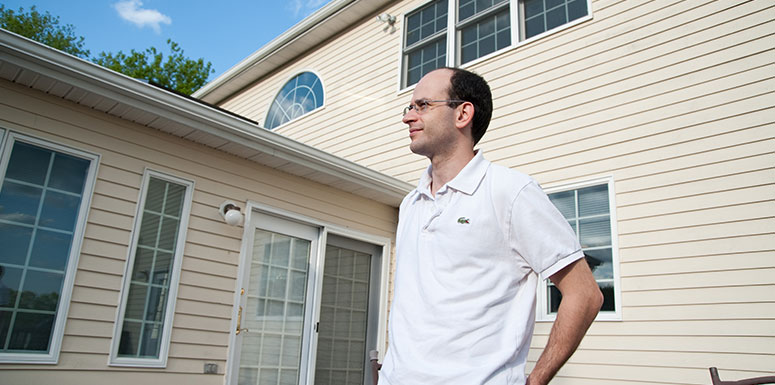How to Keep Your House in a Divorce
Published: Nov 29, 2017 in Divorce
Written by Anthony Piccirilli
People who are getting divorced often look forward to starting a new life after their decree is signed. For many, this means getting rid of everything that reminds them of their previous marriage – the house, their car, and even their clothes or hairstyle. But if you’d actually rather learn how to learn how to keep your house in a divorce, you should discuss your options with a Pittsburgh divorce attorney from Pittsburgh Divorce & Family Law, LLC.
Our team will answer your questions about keeping your house after your divorce. For a free and confidential case consultation, call us today at (412) 471-5100.
Can You Afford to Keep Your House?
It is certainly possible to keep your home after a divorce – but it’s going to be expensive. The Commonwealth of Pennsylvania considers the home to be part of your marital property, and as such, the court includes it in the list of assets that are divided between you and your spouse. The Commonwealth divides marital property based on the rule of equitable distribution, meaning assets are divided between spouses in a manner the court determines to be fair. Keep in mind that fair does not mean equal, so the division is not necessarily 50/50.
If you want to keep the marital home, you will essentially have to buy out your spouse. After the property becomes yours, you have the sole responsibility of paying the mortgage, property taxes, repairs, and general maintenance and upkeep. If you previously split these costs with your spouse, the amounts you have to pay could be considerably higher than you’re used to seeing. It’s important to consider all costs involved to ensure you can afford taking on these bills by yourself.
Determining Equity
To keep your home, you must first determine the home’s value. A realtor can assist you with this task, or you can pay for a certified home appraisal. Once you have that figure, the court will decide how much equity your spouse is entitled to receive. You may end up paying your spouse by forfeiting a portion of marital assets that will cover the equity owed to them.
Refinancing the Mortgage
If you still owe money on your mortgage, you will need to refinance the home. This pays off the mortgage you owed with your spouse and puts you in a mortgage that belongs only to you. It may be beneficial to start talking to banks as soon as possible to determine if you’re even eligible to refinance. If banks think you’re too much of a risk, they won’t lend to you and you may not be able to keep your home.
The Deed vs. The Mortgage
While the majority of the information in this post pertains to the mortgage, you should not forget about the deed to your home. The deed declares who owns the home, while the mortgage is the note attached to the loan on the home. If you and your spouse are both on the deed, you will need to have your spouse sign a quit claim deed, which removes their name from the home. Talk to a lawyer to learn more about quit claim deeds.
How Pittsburgh Divorce & Family Law, LLC Can Help
You love your home, and you don’t think you should have to give it up just because you’re getting divorced. But owning a home can be cost-prohibitive, and you may need to give up a lot just to hang onto it. At Pittsburgh Divorce & Family Law, LLC, we understand your situation. We can help you determine if keeping the house is a viable option. If it is, we’ll do everything we can to help you stay in your home.
To set up a consultation, contact us online or call us at (412) 471-5100.
